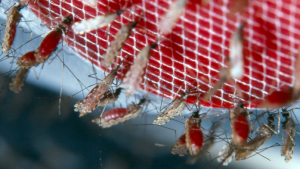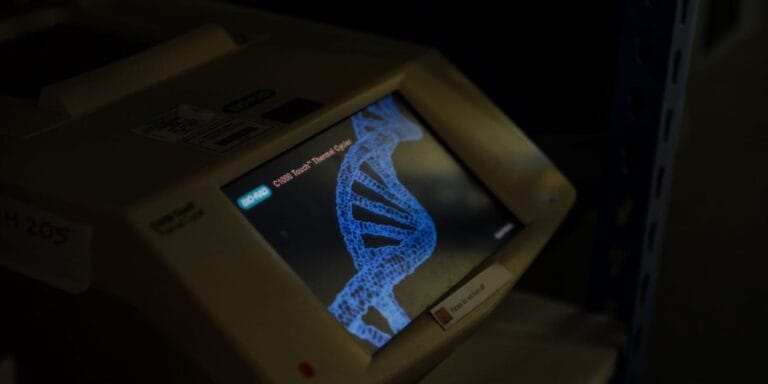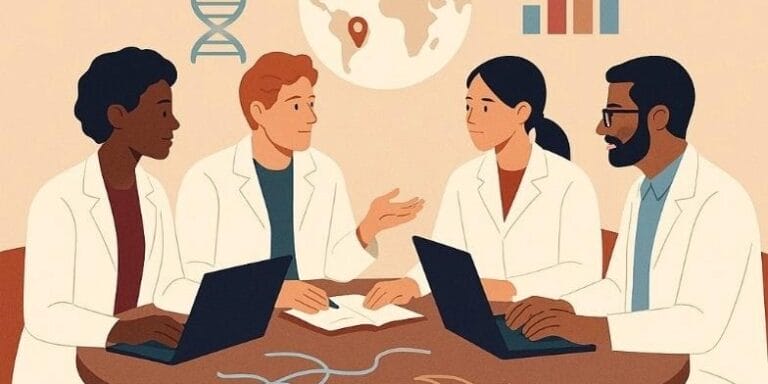
In the latest Oxford Sparks podcast, Alistair Miles discusses how we're using data on genetic differences between mosquitoes to learn about how mosquitoes are adapting to malaria control interventions, for example by developing insecticide resistance, and how we might use these genetic insights to inform malaria.



